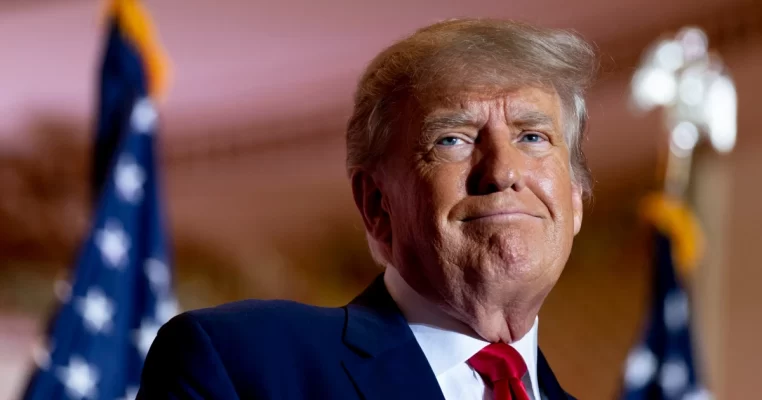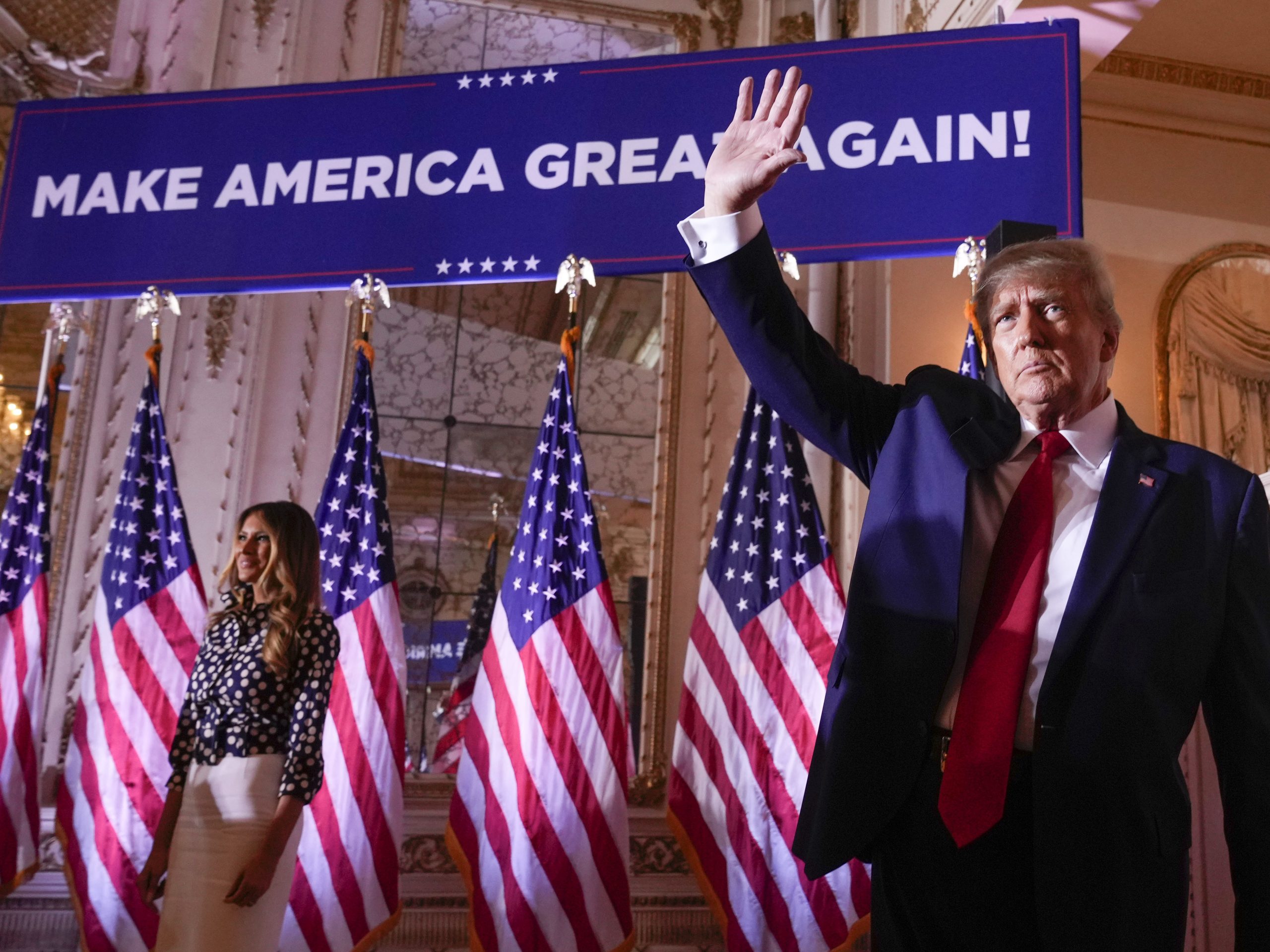Unveiling Trump’s 2024 Campaign Promises: A Potential Second Term
Former President Donald Trump is back on the campaign trail for the 2024 elections. He’s giving voters a sneak peek into what his second term as president might look like if he wins. Trump’s 2024 campaign promises are numerous, some of which are quite broad and lack specific details.
These include ending the war in Ukraine, building 10 new cities, and giving drug smugglers the death penalty.
Trump’s 2024 campaign promises outline some policies he would implement if he gets elected for a second term. He’s declared war on drug cartels and plans to ask Congress to make sure drug smugglers and human traffickers can receive the death penalty.
He also plans to give parents more control over education, cut funding for schools that teach critical race theory, and remove “Marxists” from the Department of Education.
You may also like: Donald Trump Pleads Not Guilty to 37 Charges Related to Classified Documents
Trump’s 2024 Campaign Promises: Stance on Gender and Law Enforcement

Trump’s 2024 campaign promises express strong views on gender issues and law enforcement. He plans to cut programs that promote gender transitions and stop federal dollars from being used for gender-affirming procedures.
On law enforcement, he has promised to send in federal forces to restore peace and public safety. If local law enforcement fails to act.
On the economic front, Trump’s campaign promises include implementing a reciprocal trade policy. Where the US would impose the same tariffs that other countries impose on the US.
He also plans to repeal Biden’s tax hikes, tackle inflation. And end what he calls Biden’s “war” on American energy production.
Trump’s 2024 campaign promises also address issues of censorship and national security. He plans to enact a cooling-off period. Before employees at agencies like the FBI or CIA can work for platforms that oversee mass user data.
He also plans to restrict Chinese ownership of US infrastructure and reinstate his previous executive order that the US government would pay the same price for pharmaceuticals as other developed countries.





